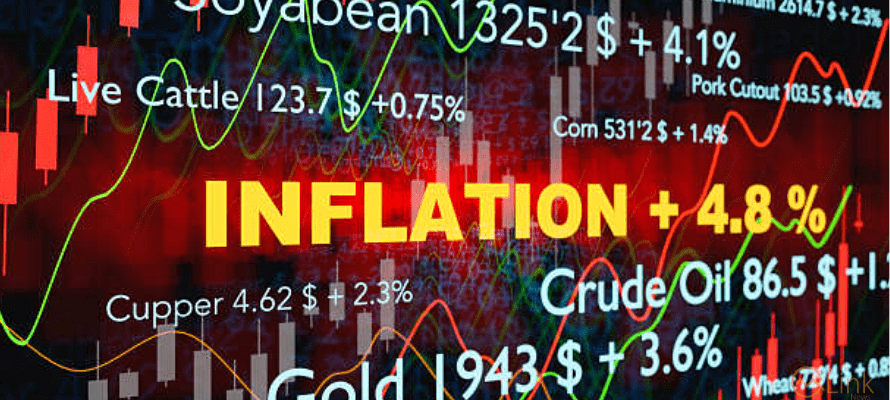For the second consecutive week, the annual short-term inflation in Pakistan has exceeded 40%, reaching 41.13% for the week ending November 23, according to official data from the Pakistan Bureau of Statistics (PBS).
This surge is primarily attributed to a significant spike in gas prices, which are now over 1,100% higher than the previous year.
The notable increases in prices for other items include cigarettes (94%), wheat flour (88.2%), chilli powder (81.7%), broken basmati rice (76.6%), garlic (71%), Irri-6/9 rice (62.3%), gents’ sponge chappal (58%), gents’ sandal (53.37%), branded tea (53%), gur (50.8%), and potatoes (47.9%). Conversely, the prices of onions have decreased by 36.2% year-on-year, followed by tomatoes (-18.1%), mustard oil (-4%), and vegetable ghee (-2.9%).
In contrast to the previous week, where prices surged by 10% due to the impact of increased gas prices, consumer prices remained unchanged on a week-on-week basis in the outgoing week.
The Sensitive Price Indicator (SPI), which measures short-term inflation, currently stands at 308.90, compared to 309.09 in the preceding week. The SPI is calculated weekly and comprises a basket of 51 items collected from 50 markets in 17 cities to assess the prices of essential commodities and services at shorter intervals.
Analyzing the weekly data, the PBS reports that the prices of 18 items increased, 12 items decreased, and 21 items remained stable compared to the previous week. Items experiencing the highest week-on-week increases include garlic (4.6%), onion (2.4%), chicken (1.8%), potatoes (1.7%), pulse masoor (1.01%), LPG (0.8%), firewood (0.6%), wheat flour (0.54%), matchbox (0.52%), pulse moong (0.52%), and plain bread (0.47%). Conversely, items with the most significant price drops include tomatoes (-5.8%), vegetable ghee (-1.4%), cooking oil (-1.3%), banana (-0.9%), vegetable ghee (-0.82%), eggs (-0.33%), sugar (-0.2%), and packed tea (-0.17%).
While the SPI inflation reached a record 48.35% in early May on an annual basis, it later declined to as low as 24.4% in late August before surpassing the 40% mark during the week ending November 16.


